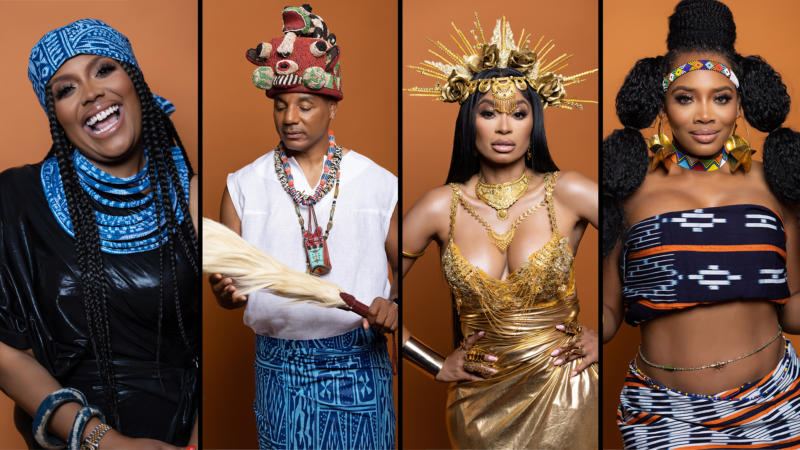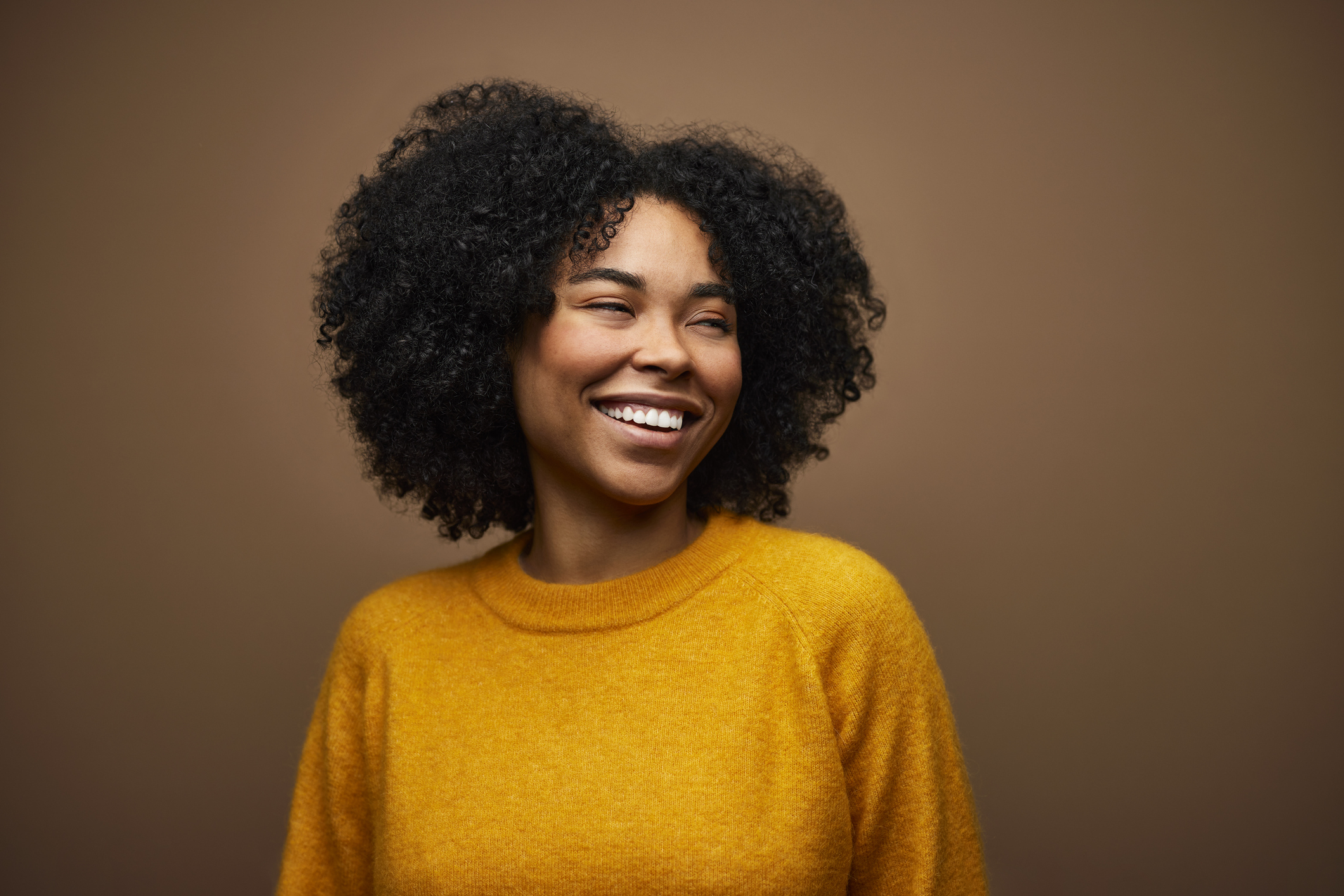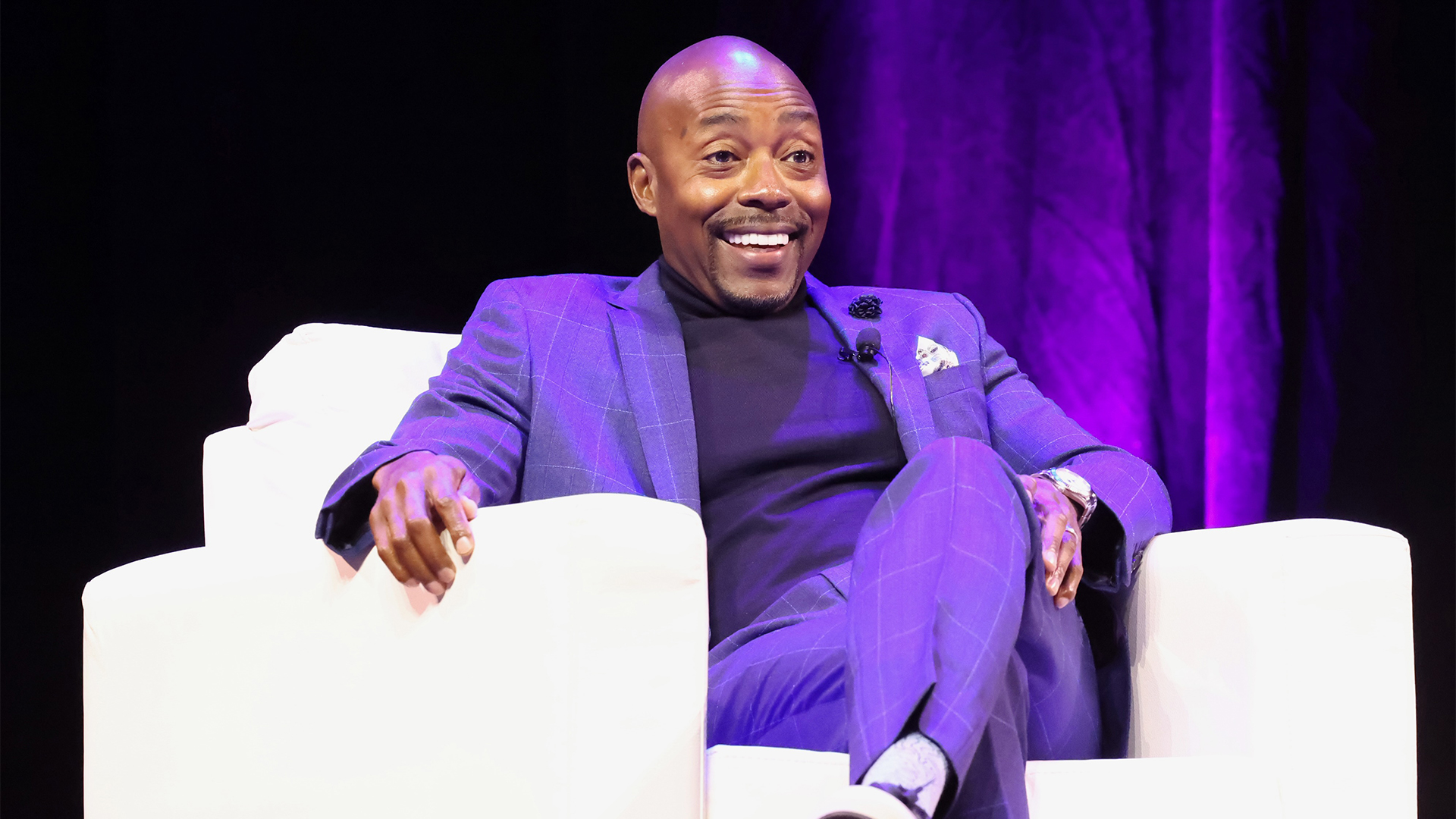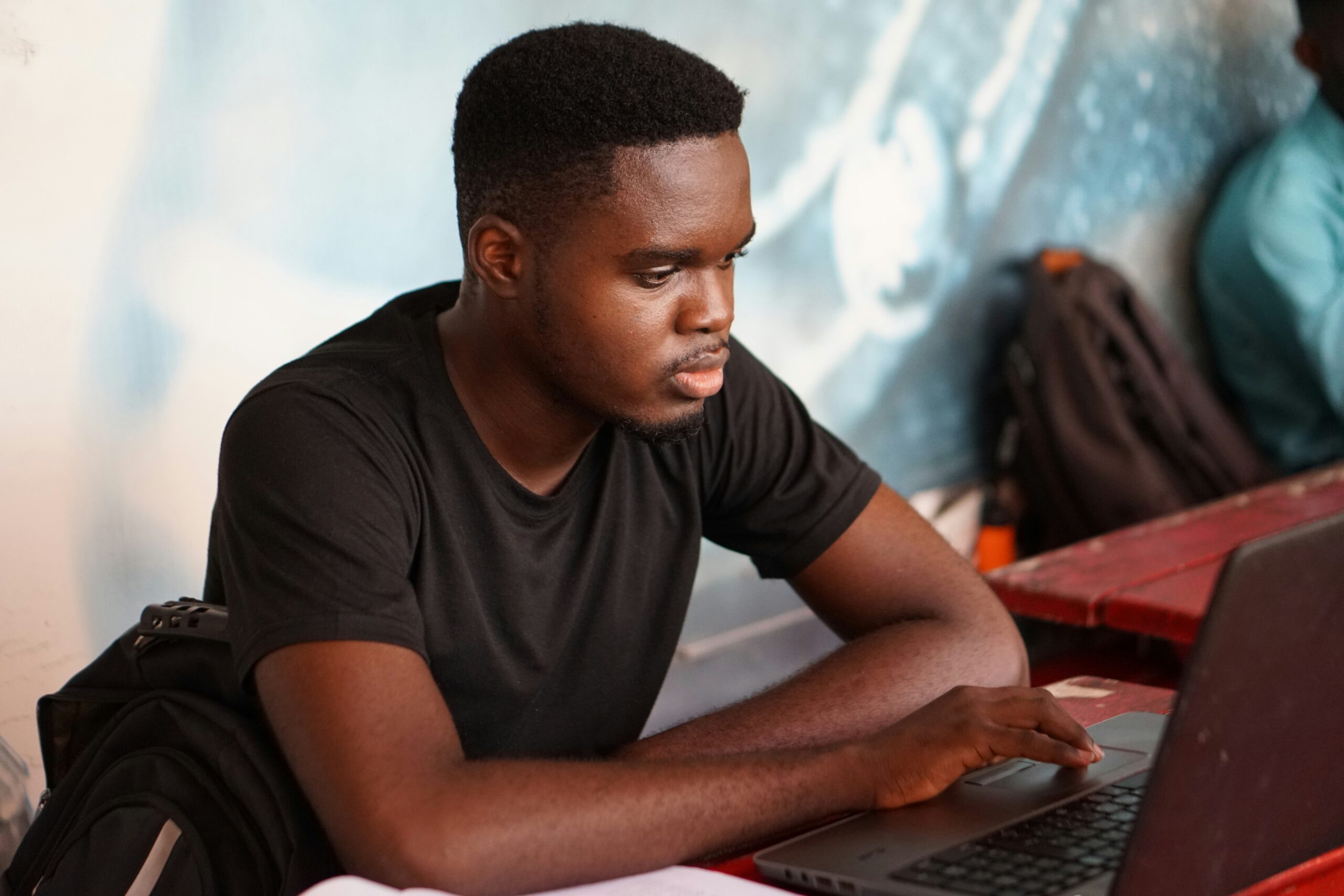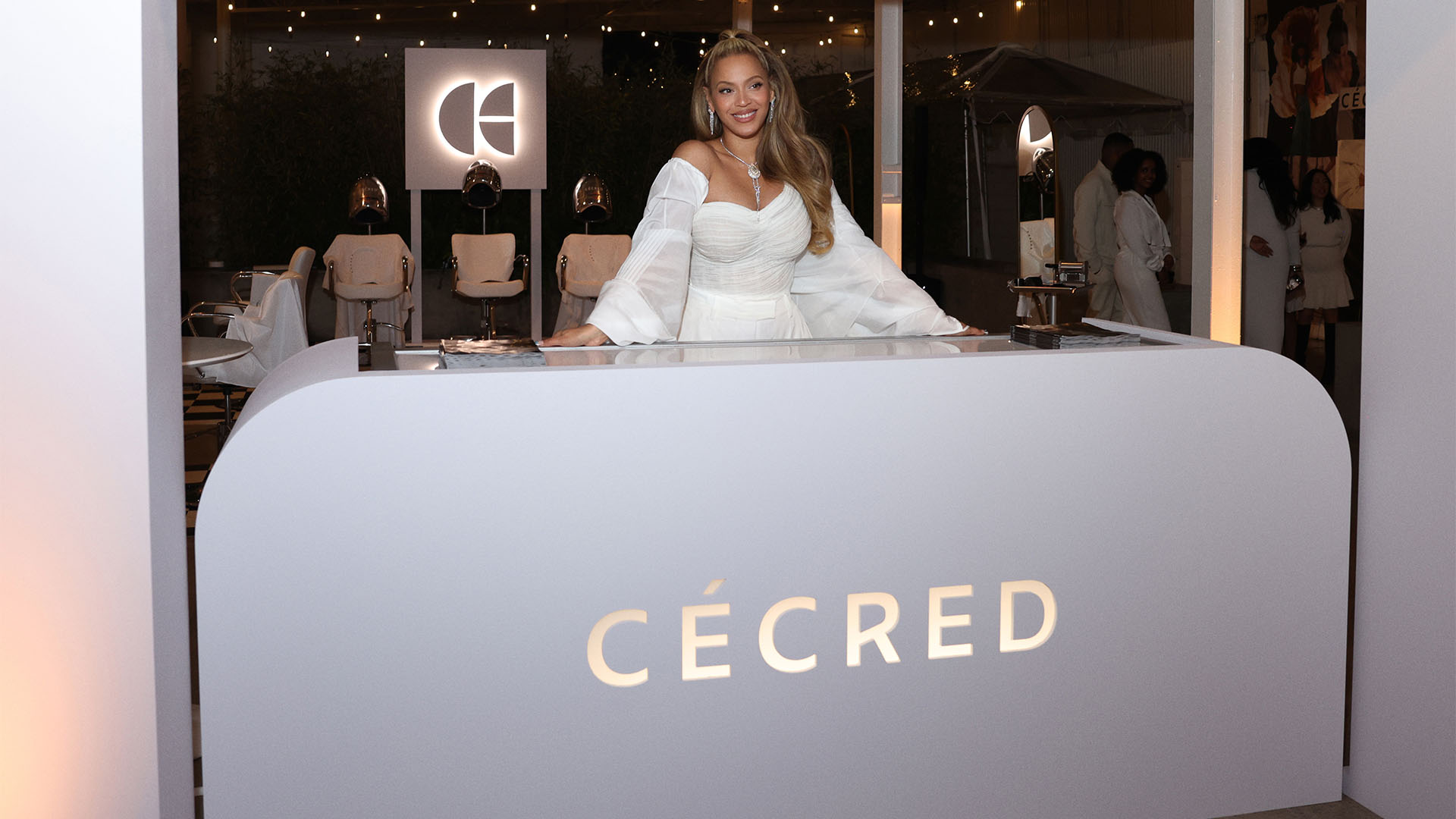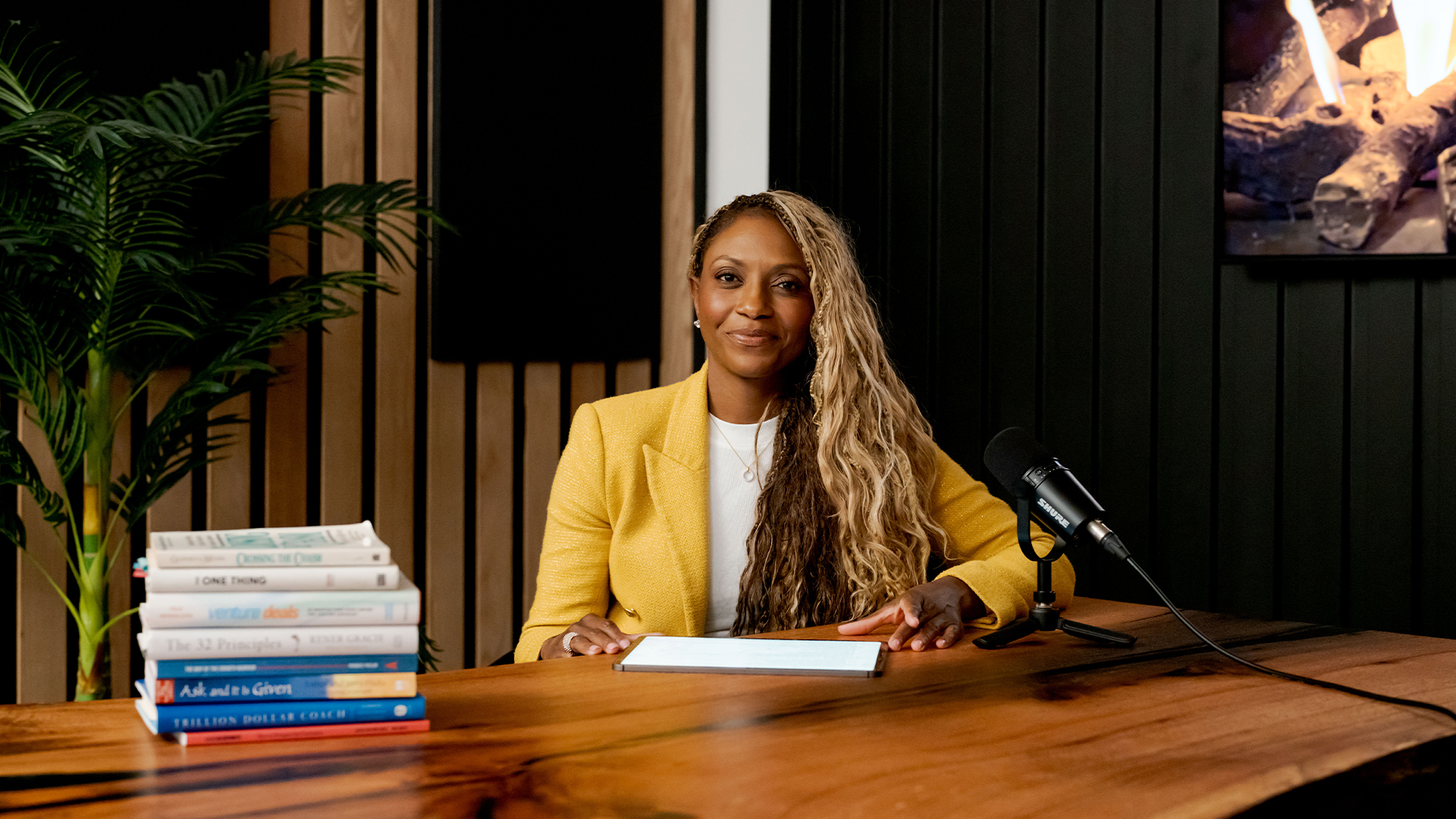When the cast of “Love & Hip-Hop” set out to discover their roots, they thought they knew what to expect.
But, as the recent special “Lineage to Legacy” revealed, Rich Dollaz, Yandy Smith-Harris, Karlie Redd, and Paris Phillips uncovered some of the most incredible surprises about their backgrounds — and realized that their backgrounds had many elements that can (and should) bring them pride.
A recent report by The Washington Post revealed that the majority of Black Americans — that is, those who are part of the African diaspora, though common parlance suggests that they are ADOS or African Descendants of Slaves — cannot trace their lineage back further than the 1870s.
That’s because prior to the end of the Civil War, Black people weren’t considered people in the eyes of the law.
But thanks to advances in DNA technology, the cast of “Love & Hip-Hop” (amongst other Black Americans) are able to trace their genetic lineage back to Africa — and even if they don’t know the exact name of their first-ever paterfamilias, they know where their story begins.
For the “Love & Hip-Hop” cast, their quest to discover their lineage came with the help of DNA Identity Expert Dr. Gina Paige, who is the co-founder of AfricanAncestry.com.
AfroTech had an exclusive opportunity to talk to the cast of “Love & Hip-Hop” about their discoveries and findings, and the biggest takeaway they received from their results.
Editorial note: Portions of this interview have been edited and condensed for clarity.
Karlie Redd
“As everyone knows, I’m from Trinidad. We filmed [Love & Hip-Hop] in Trinidad and we visited my family in Trinidad. So, when I did the DNA with Dr. Gina Paige, I thought that I was going to get that I’m from Trinidad.
Well, no.
She told me I was from Nigeria, which is crazy, because this whole time, it’s like, my sisters have been telling me to ‘come home.’ So, I was shocked to know that I’m from Nigeria.”
Rich Dollaz
“Based on a byproduct of how we were raised, I just think this whole thing was a positive experience for everybody. Because nobody really knew Africa. We all knew that this was the motherland — we all knew that the slave ships came from Africa and everything like that. But we didn’t know anything beyond that.
[This] gave us the opportunity to have that, and it helped us to identify who we really are.”
Yandy Smith-Harris
“I don’t know if I was shocked. But I just went in knowing that I was from Ghana. I was booked in Ghana in 2019, and getting off the plane, everyone was like, “welcome home!”
And staying there, learning about the culture — I actually wound up extending the trip, because I had so much fun.
But I’ve come to find out I’m actually from Cameroon. [And] what I did learn is that, in Cameroon, I’m actually part of the Fulani people. And the Fulani people were entrepreneurs. They were marketers. They loved to travel. They were nomads. And that is completely me.
[And] it was in that moment that I realized that DNA has memory, because everything the Fulani people are, that’s me.”
Paris Phillips
“We come from royalty. But, it’s downplayed to things like, ‘oh, feed the kids in Africa.’
No. We’re royalty. We had people feeding us.“
